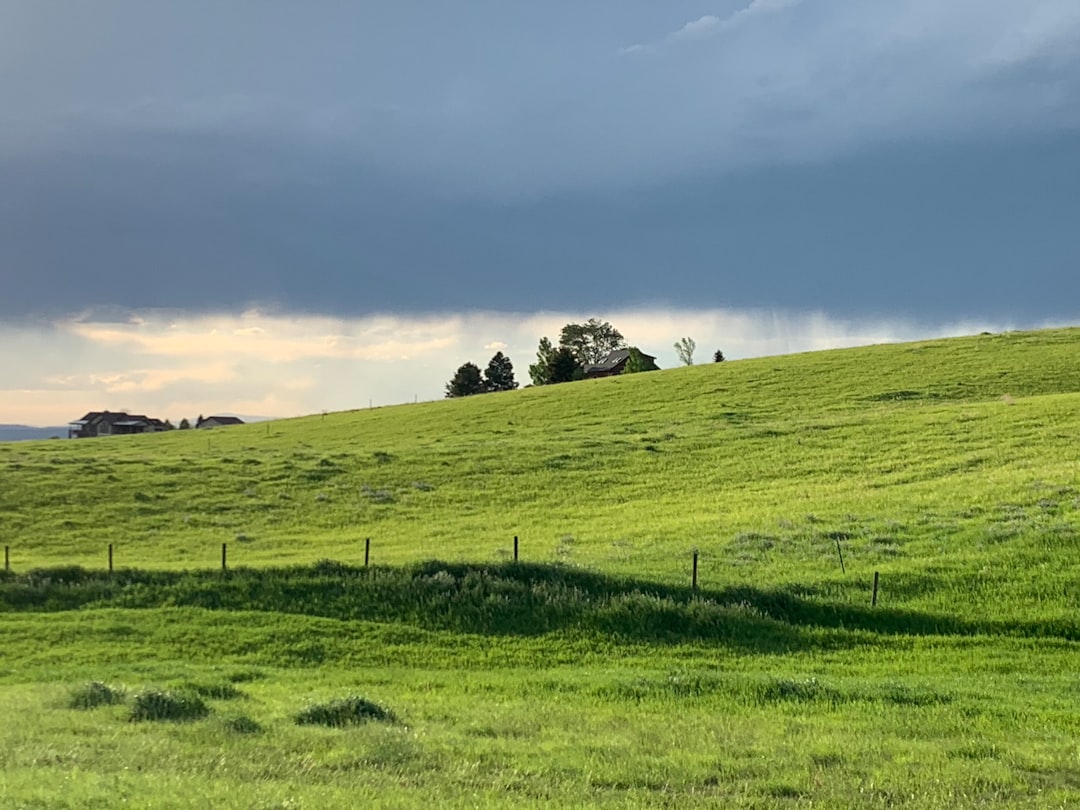In Missoula and across Montana, telemarketing has become a common but controversial marketing strategy. The state's "Do Not Call" registry addresses privacy concerns sparked by unsolicited legal solicitations from law firms. Consumers increasingly opt-out of marketing calls due to distrust, forcing businesses to adapt their strategies. Effective alternatives include personalized communication, community targeting, and respecting consumer consent. By embracing modern marketing techniques that avoid intrusive practices, Montana law firms can grow sustainably while maintaining client trust.
In today’s digital age, telemarketing has become a ubiquitous feature of consumer interactions. This article delves into the impact of this practice on local consumer trust in Missoula, Montana. We explore the rise of telemarketing and its effects on small businesses, analyzing consumer perceptions and the legal perspective through Do Not Call lists. Additionally, we offer strategies to enhance trust and reduce unwanted calls, supported by case studies of successful alternative implementations within Montana law firms. Understanding these dynamics is crucial for both local businesses and consumers looking to navigate this evolving landscape, particularly in regard to ‘do not call’ regulations for lawyers and attorneys in Montana.
The Rise of Telemarketing and Its Impact on Local Businesses in Missoula

In recent years, telemarketing has emerged as a prominent strategy for businesses to reach potential clients in Missoula, Montana. With advancements in technology, making phone calls from remote locations has become more accessible and affordable. This shift has significantly impacted local businesses, particularly those that rely on face-to-face interactions with their customers. Many residents in Missoula have started to receive unsolicited calls from various sources, including law firms and attorneys, promoting their services with catchy phrases like “Do not call lawyer Montana” or “Do not call attorney Montana.”
While telemarketing can be an effective method for expanding customer reach, it has also sparked concerns among locals regarding privacy and trust. The constant influx of sales calls, often at inconvenient times, has led some consumers to become more protective of their personal information. This trend has prompted a growing interest in legislation that protects citizens from unwanted phone solicitations, such as the “Do not call law firms Montana” or “Do not call lawyers Montana” initiatives. As a result, local businesses must now adapt their marketing strategies to maintain consumer trust in an era where telemarketing is becoming increasingly prevalent.
Consumer Perception: Uncovering Attitudes Towards Telemarketers in Montana

In Missoula and across Montana, consumer perception of telemarketers plays a significant role in shaping local trust dynamics. Many residents have mixed feelings about unsolicited phone calls from lawyers or law firms promoting their services, often leading to a general distrust of telemarketing practices. The state’s “Do Not Call” registry has been instrumental in empowering Montanan consumers to control their privacy and avoid unwanted legal solicitations.
Attitudes towards telemarketers are deeply influenced by past experiences and cultural norms. With the rise of technology, residents are increasingly mindful of how their personal information is used. As a result, many are cautious about providing details to unknown callers, especially those offering legal services. This phenomenon has prompted many consumers to opt-out of marketing calls, including those from law firms, showcasing a collective desire for more respectful and targeted communication methods in Montana.
Legal Perspective: Do Not Call Lists and Their Effectiveness in Protecting Privacy

In Missoula and across Montana, the practice of telemarketing has evolved significantly over the years, raising important considerations regarding consumer privacy and trust. One key aspect is the implementation and effectiveness of Do Not Call lists. Both individuals and businesses can register their phone numbers with these lists to opt-out of unsolicited sales calls. This legal mechanism, facilitated by state and federal laws, such as the Telephone Consumer Protection Act (TCPA), plays a crucial role in protecting residents’ privacy rights. By adhering to these regulations, telemarketers are required to honor consumer choices, ensuring that registered numbers are not contacted for marketing purposes.
The success of Do Not Call lists lies in their ability to empower consumers, giving them control over their communication preferences. When a caller attempts to reach a number on the list, they must obtain explicit consent first, significantly reducing unwanted calls. For residents of Missoula and beyond, having a lawyer specializing in Do Not Call laws, like a do not call lawyer Montana, can be invaluable. These legal professionals can guide individuals and businesses on navigating these regulations, ensuring compliance and safeguarding against potential privacy violations that could erode local consumer trust.
Strategies to Enhance Trust and Reduce Unwanted Calls in Missoula's Community

To enhance trust and reduce unwanted telemarketing calls in Missoula’s community, residents can take proactive steps. One effective strategy is to register on the National Do Not Call Registry, which restricts phone solicitations from businesses. Additionally, utilizing tools that block or filter out telemarketer calls can significantly alleviate the burden of unwanted contact. Local residents should also be encouraged to share their concerns with city representatives, as this collective action can prompt policy changes and stricter regulations targeting intrusive telemarketing practices.
Another approach is to promote a culture of informed consent. Consumers in Missoula can exercise their right to refuse unsolicited calls by politely declining and requesting their names be removed from marketing lists. This behavior sets clear boundaries and signals a desire for reduced telemarketing activities. Furthermore, raising awareness about the existence and importance of services like “Do Not Call Lawyer Montana,” “Do Not Call Attorney Montana,” or local consumer protection agencies empowers residents to take charge and protect their privacy.
Case Studies: Successful Implementation of Telemarketing Alternatives in Montana Law Firms

In recent years, many Montana law firms have successfully adopted alternative telemarketing strategies, demonstrating that effective client outreach can be achieved without traditional cold calling. These case studies highlight innovative approaches that have boosted local consumer trust and increased business through more targeted and respectful marketing methods. One prominent example involves a small but growing law firm in Missoula that implemented a “Do Not Call” policy for its services, focusing instead on building relationships through personalized emails and follow-up calls, which led to higher client satisfaction and retention rates.
Another successful story comes from a larger practice that utilized telemarketing analytics to identify specific communities within Montana with high legal needs but low awareness of their services. By tailoring marketing messages and offering free educational workshops, they attracted new clients and established themselves as trusted community resources without resorting to aggressive cold calling. These examples illustrate how law firms in Montana can enhance their reputation and grow sustainably by embracing modern marketing techniques that prioritize consumer consent and trust over intrusive telemarketing practices.






